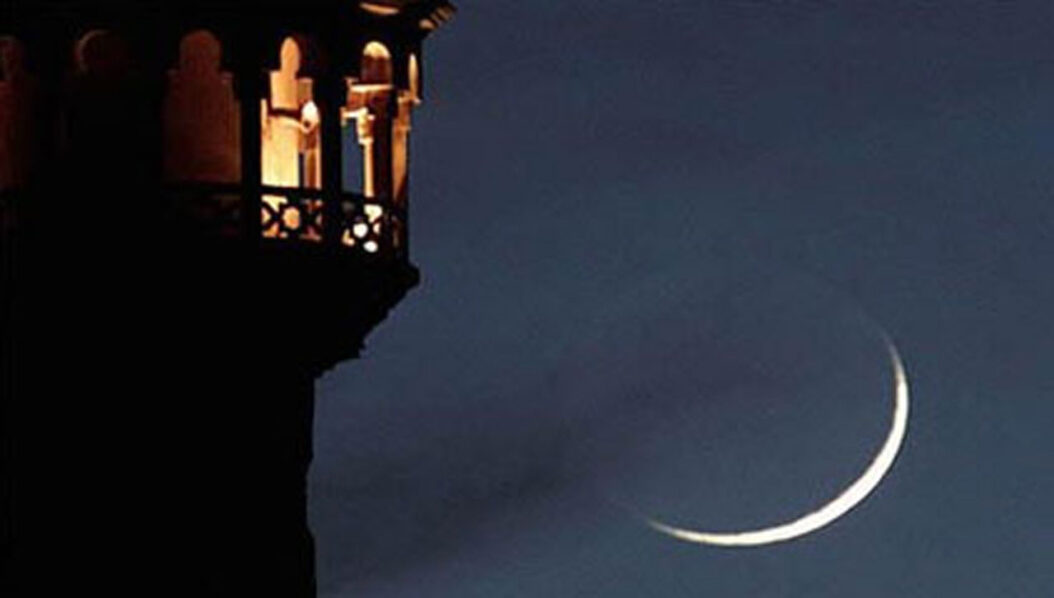
Rajab is the seventh month of the Islamic (hijrah) calendar and one of the four sacred months as ordained by Allah (SWT). The month of Rajab precedes the month of Sha’aban and holy month of Ramadan, and contains many benefits and virtues for worshippers due to some of the most precious days in the Islamic calendar occurring in this month.
Since Wednesday, January 1, 2025 when the month presumed to have commenced, the prayer of the Holy Prophet (SAW) reported by Ahmad (RA), “O Allah, make Rajab and Sha’ban blessed months for us, and grant us the blessing of witnessing the month of Ramadan”, has become a constant refrain in all centres of worship globally.
Arabic linguists would remind us that the lexical definition of the word Rajab, particularly when it is converted to the tri-literal verb –rajaba, means “to respect”. In other words, the word Rajab speaks to the essence of the month- a month in which Muslims are expected to conduct themselves with dignity and decorum.
The month of Rajab is regarded as one of the four sacred months in Islam. The other months are Muharram, Dhul-Qi’dah, Dhul-Hijjah, and Rajab. But why is the month sacred? The month is held in awe and reverence because Allah, the creator of the heavens and the earth, demands that from us. In fact, He reveres and adores the month in His majesty. This explains why He says “do not perpetrate injustice against yourself during the sacred months).”
Rajab is known to be a great month in the sight of the Almighty (SWT). It is incomparable in eminence and glory. It is deemed to be a month specially favoured by the Almighty such that wars and all acts of violence even against forces of evil are prohibited. Prophet Muhammad (SAW) is reported to have also said: “Verily, Rajab is the month of the Almighty, Sha’aban is my month and Ramadan the month of my Ummah; whosoever fasts a day in the month of Rajab will be granted the great reward of Ridwan (attainment of eternal bliss); the wrath of Allah (SWT) shall be distanced from such a person and the hell fire shall be closed against him.”
Allah (SWT) ordained Rajab as one of the four sacred months of the year for a number of reasons, which include the prohibition of the initiation of fighting during the four sacred months, all transgressions during these months weigh heavier as wrong deeds, while all sincere acts of worship are deemed more virtuous.
Notions of the sacredness of the four months are also found in pre-Islamic annals. During this period, the Arabs used to consider warfare an infraction against the divine will.
The month of Rajab is equally held sacred, because it comes as a prelude to the months of Sha’aban and Ramadan. Each time the crescent announcing the beginning of the month of Rajab appeared, Prophet Muhammad (may Allah’s peace and blessings be on his soul) used to supplicate to Allah in the following words: Allahumma baa-rik-lanaa fi-rajab wa sha’ban wa bal-lig-na shah-ra Ramadan, “O Allah, make Rajab and Sha’ban blessed months for us, and grant us the blessing of witnessing the month of Ramadan (i.e. prolong our life up to Ramadan, so that we may benefit from its merits and blessings).”
Indeed, the month of Rajab is a divine blessing to the Muslims as it opens the floodgate of divine redemption and salvation for those who, among the Muslims, would be willing and ready to avail themselves of its inestimable values.
Perhaps the greatest reason why this month enjoys an iconic status among Muslims is that the Prophet’s journey from the earth to the presence of Almighty actually took place during this month. Allah alludes to this important journey in the Holy Qur’an (Q17:1) where He says: “Glory be to Him Who took His servant (Muhammad) on a journey one night from Masjid-al-Haram (in Makkah) to Masjid-al-Aqsa, whose vicinity We have blessed, so that We may show him some of Our signs: surely He is the One Who is the Hearer, the Observer.”
Otherwise known as al-M’iraj, the Prophet’s journey to the heavens began in Makkah, unto Jerusalem, from where he was guided in the ascension to the heavens by Angel Jibril (upon him be peace). The core of the message which the Prophet (upon him be peace and blessings of Allah) brought from Allah for the Muslim world is the observance of the five daily prayers; that the observance of the Salat is the template of Islam and the membership of the Islamic commonwealth.
The Prophet’s ascension to the heavens, an event which occurred during this month of Rajab, equally functioned as a marker for the spiritual in contradistinction to the hypocritical. In other words, during this month, Abu Bakr, son of Abi Quhafah, became a Siddiq as a result of his unshakeable belief in the supra-normal and for his trust in Allah.
During this month, some among humanity particularly during the time of the Prophet equally crossed the Rubicon. They traversed the spectrum of belief to unbelief and infidelity. By disbelieving in the ascension of the Prophet some of the unbelievers in Makkah lost the opportunity to enjoy eternal bliss and forever too.
The month of Rajab is also significant because in it the battle of Tabuk, which took place in the ninth year after the hijrah from Makkah was fought in defense of Islam. It was also during the month of Rajab that the second Oath of Aqabah took place. It was during the month of Rajab that Salahudin al-Ayyubi rescued Jerusalem from oppression of the oppressors.
Ironically, it was during the month of Rajab that the Ottoman Caliphate in Turkey was liquidated by the combination of external powers in collusion with forces within the Islamicate community- forces which preferred the specious to the real.
But how should Muslims conduct themselves during this month? It is useful and reasonable that they endeavour to do as much of good deeds as they can in it. They should keep regular prayers and fast as many days in it as possible but they should not go to the extreme of saying they want to fast the whole twenty-nine or thirty days. The Prophet did not recommend that for us.
Also, they should seek forgiveness of their sins as many times as they can. A recommended formula goes thus: Astaghfirullah wa as-aluhu a-tawbah –meaning: “I seek forgiveness from Allah and penitence”, and endeavour to give Sadaqa – charity and alms giving. The Prophet says: “the best of you is the one who is most compassionate with the creatures of Allah”.
Generally, Muslims are doers of good to all people at all times, in Rajab and all other months alike. “Indeed, these verses of admonition are revealed as a Reminder of that Day – so that whosoever so wills may take to his Lord a penitent way to salvation.” Q73V19.






